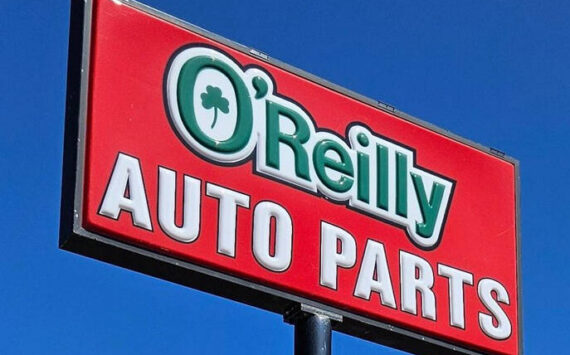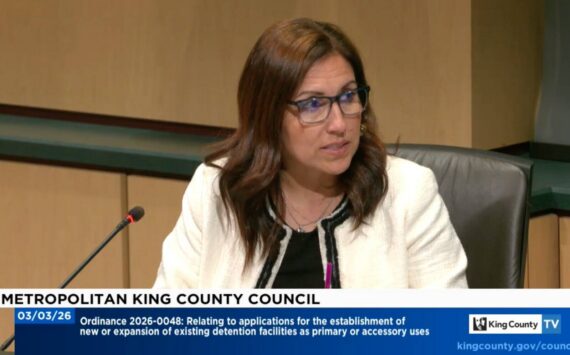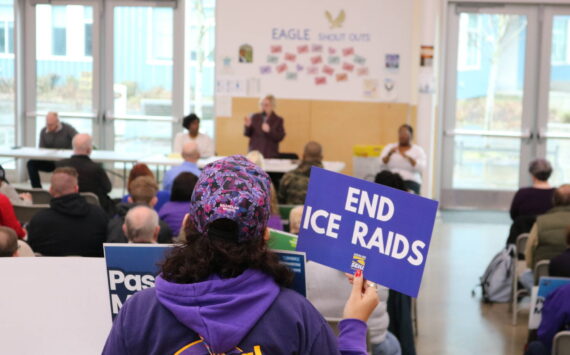After 22 months at the helm, CEO Tay Yoshitani likes to say it’s a new day at the Port of Seattle. A 2007 state audit found the port had wasted $97 million over the past decade, and was vulnerable to contract fraud and abuse. An internal follow-up investigation this month also found “significant” misconduct and fraud in the past, which the FBI continues to probe for criminal violations. On December 9, Yoshitani said the port had learned “hard lessons,” which he claims has “radically changed behavior” in its contracting process.
Yet the port continued to do business this year with Gary Merlino Construction, one of the major contractors cited by the state auditor for involvement in possible bid irregularities. Merlino refused to cooperate in the port’s own recently concluded investigation. At the same time, the construction company was hired to do more port work—a replay of the practices criticized in the state audit, when the port’s left hand seemed not to know what its right was doing. Though officials announced Dec. 9 that Merlino was one of the companies they might sue to recover disputed contract payments, the port didn’t mention it was still paying the firm.
Seattle-based Merlino signed a $4.1 million contract in May for improvements related to Sea-Tac Airport’s third runway, the massive construction job that was the focus of the port’s internal probe, led by former U.S. Attorney Mike McKay. That investigation was sparked by potential fraud findings raised in the Dec. 2007 state audit. McKay wrapped up the probe about the time a final payment of $1 million was made to Merlino on Nov. 20, according to port records. The third runway, which opened last month, cost more than $1 billion, far above its original estimate.
But Merlino also held a separate $800,000 airport site preparation contract, for which a final payment of $36,000 was made Dec. 12. That was a few days after McKay released his report, saying he believed that by refusing to answer questions or turn over requested documents for audit, Merlino and two project partners were in legal violation of third-runway contracts from 2004 and 2006.
McKay says his probe concentrated on the earlier runway deals, with lead contractor Merlino and its partners, the Scarsella Brothers and Tri-State Construction, collectively operating under the name TTI (The Three Italians). Thus, says McKay, “I wasn’t aware of those [newer] payments.”
Would withholding them have helped him leverage his standoff with the contractors this summer? McKay didn’t want to speculate, but noted that “we turned over to the port counsel the issue of Merlino and other companies fulfilling their obligations under the audit clause under the [older] contracts. We felt there might be a legal way to get these contractors to meet their obligations.”
Merlino was the least cooperative of the three firms. “The others gave us some documents,” says McKay. “We got an offer of a very small amount of documents from Merlino, but it wasn’t even worth sending people out to look at them.” (Owner Gary Merlino declined to comment for this story.)
The port indicates it was aware of McKay’s request for legal assistance to twist Merlino’s arm. But due to an internal firewall, word didn’t get out, says port spokesperson Charla Skaggs. “Commissioners [Bill] Bryant and [Gael] Tarleton [who oversaw the probe] were very clear to both the investigative team and port staff members that the investigation was to remain independent and confidential,” she says. “So in May, when this contract was given to Merlino Construction, none of the staff involved with awarding this contract would have been aware of any concerns with their cooperation.”
This silence left a hole in McKay’s investigation, although the probe did determine TTI earned an “astonishing” 30 percent profit (roughly twice the average) and found “collusive behavior” between port employees and contractors. Two officials, third-runway project manager John Rothnie and construction services manager Larry McFadden, resigned in the report’s wake.
As to whether the port could have withheld payment on the new contracts, port spokesperson Skaggs says it’s the port’s view that “Washington state law limits our ability to withhold payment due under a contract for claims specific to that one contract, and does not allow us to withhold payment on one contract because of claimed violations in another.”
But the law she cites, RCW 39.04.250, does allow withholding payment in “a good faith dispute.” If the withholding is later found by a court to have been wrongful, the port would have to pay the amount owed plus legal fees.
Of course, the state auditor raised red flags about Merlino and its TTI partners back in 2007, half a year before Merlino got its newest contract. “I think that’s a fair point,” Skaggs concedes, “although the auditor said he didn’t find any fraud. That’s why we hired McKay.” But state auditor Brian Sonntag did say that “many of the findings in this report contain indicia of fraud.” Specifically, Sonntag noted, “anomalies” in TTI’s third-runway contracts “could be indicative of fraud.”
Only now is the port considering legal action to recover some of its payments to Merlino under the older contracts. Says McKay, looking back: “I could only go so far to get these vendors to turn over documents. It was up to the port and its attorneys to enforce contract law.”







